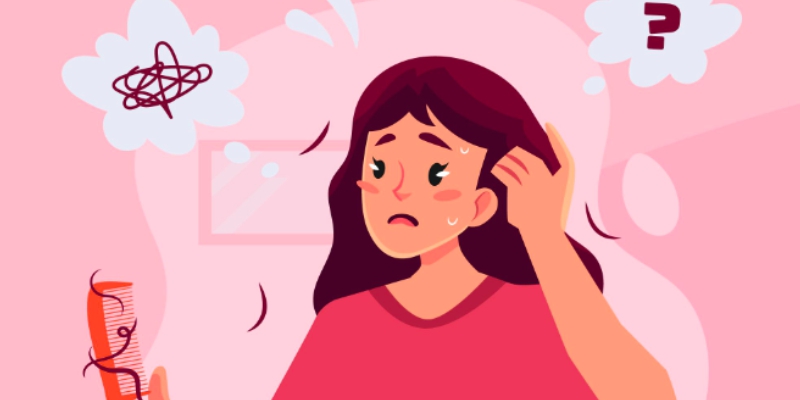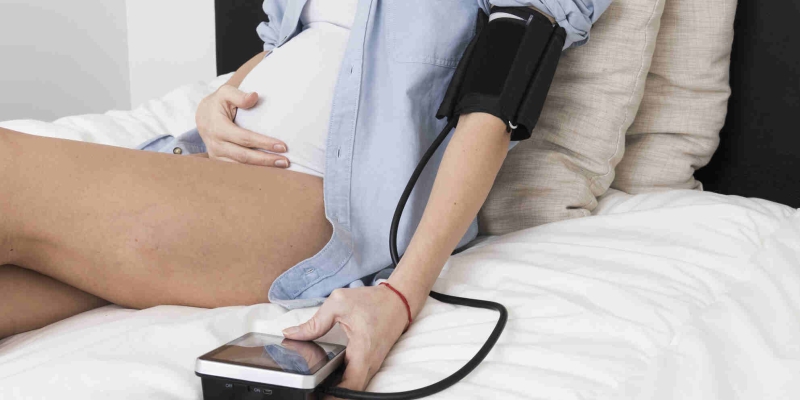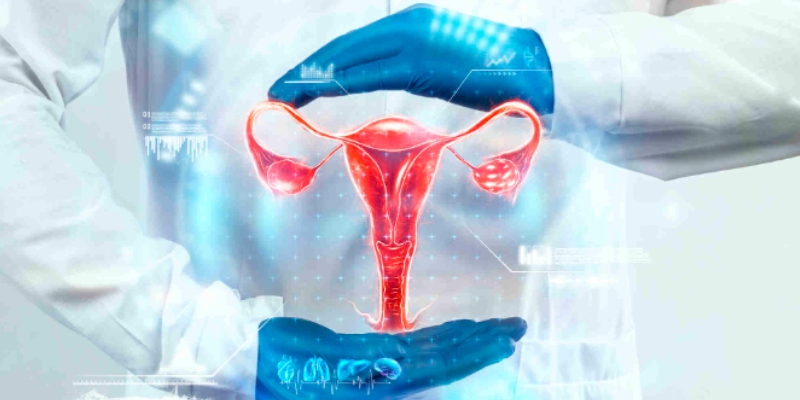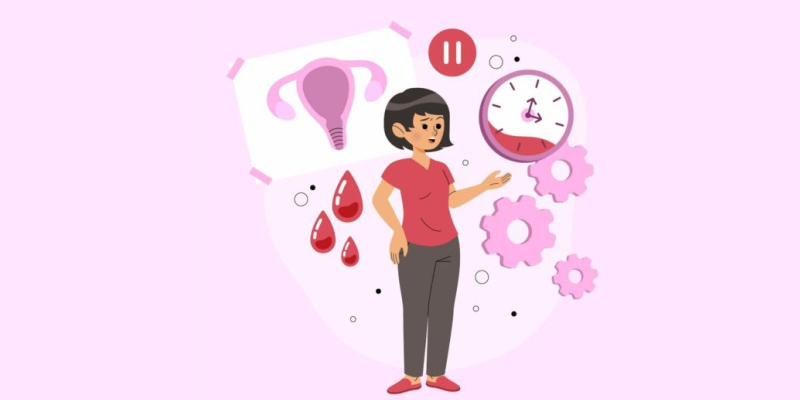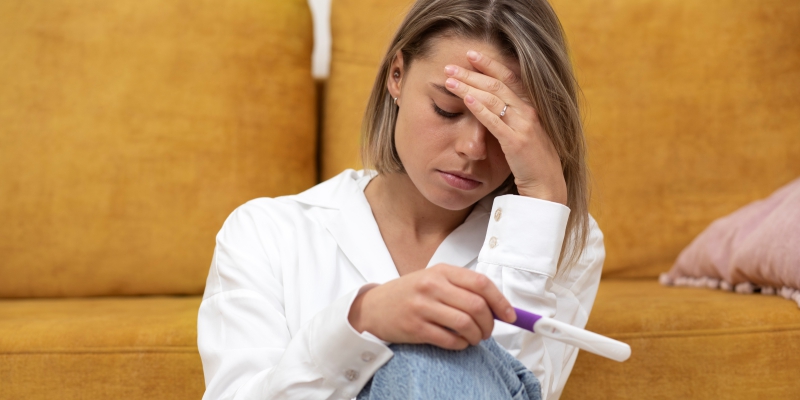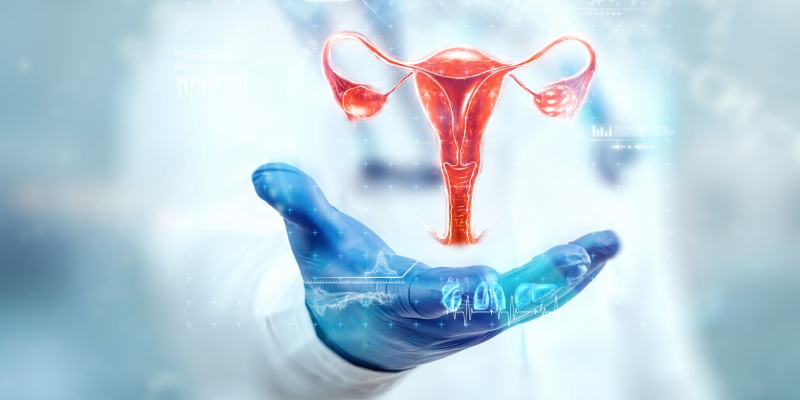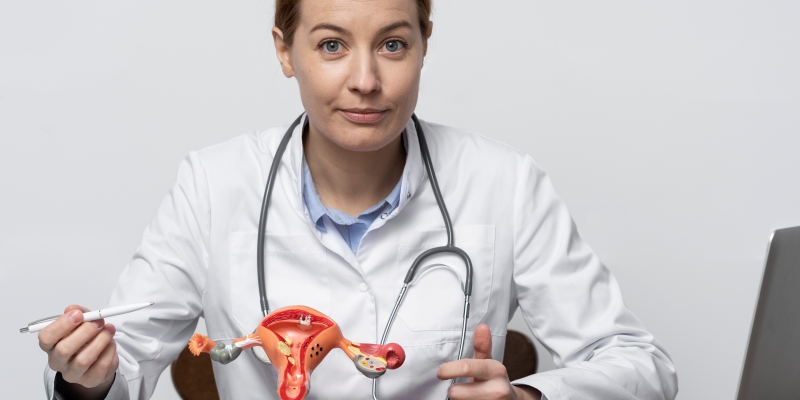Author – Dr Ekawali Gupta
MBBS, MS Degree in OBG,
Consultant Obstetrician and Gynaecologist, Mohali.
Postpartum Hair Loss: Causes and Coping Strategies
Introduction:
The journey of motherhood brings with it a whirlpool of emotions and changes, both joyous and challenging. One such change that often catches new mothers by surprise is postpartum hair loss. As you navigate through the ups and downs of motherhood, the sight of hair strands on the pillow or in the shower drain can be disconcerting. However, it’s important to know that postpartum hair loss is a common and temporary phase. This article by Dr Ekawali Gupta, MBBS, MS Degree in OBG, Consultant Obstetrician and Gynaecologist, aims to demystify postpartum hair loss, delve into its causes, and offer coping strategies to manage and mitigate this phase gracefully.
Understanding Postpartum Hair Loss
The anatomy of hair growth is a delicate and complex process regulated by various factors including hormonal levels. Under normal circumstances, as per the best Gynecologist and Obstetrician in Sector 32, hair goes through a growth cycle that consists of the anagen (growing), catagen (transitional), and telogen (resting) phases. During pregnancy, elevated estrogen levels prolong the anagen phase, leading to thicker, lusher hair. However, post-childbirth, as the hormonal tide ebbs, a larger number of hairs transition into the telogen phase, eventually leading to increased shedding, known as postpartum hair loss.
Causes of Postpartum Hair Loss
- Hormonal Changes:
- The primary cause of postpartum hair loss is the sudden drop in estrogen levels after childbirth. During pregnancy, high levels of estrogen prevent the usual rate of hair shedding, leading to thicker hair. Post childbirth, as estrogen levels plummet, the extra hairs start to shed, manifesting as postpartum hair loss.
- Thyroid Issues:
- Some women may experience thyroid imbalances post-pregnancy, which can further contribute to hair loss. Thyroid hormones play a vital role in regulating the hair growth cycle. An overactive or underactive thyroid can disrupt this cycle, leading to increased hair shedding.
- Iron-Deficiency Anemia:
- Iron is crucial for hair health, and a deficiency can lead to hair loss. Pregnancy can deplete iron stores, and if not adequately replenished, may lead to iron-deficiency anemia and subsequent hair loss post-pregnancy.
- Vitamin and Mineral Deficiencies:
- Deficiencies in essential vitamins and minerals like vitamin D, B vitamins, and zinc can also contribute to postpartum hair loss.
- Stress:
- The postpartum period can be stressful, and stress can further exacerbate hair loss. It’s a vicious cycle that needs attention and management.
Coping Strategies
- Maintaining a Balanced Diet:
- A nourishing diet rich in essential vitamins, minerals, and proteins can support hair health. Incorporate a variety of nutrient-dense foods like leafy greens, nuts, seeds, lean meats, and whole grains. Ensure adequate intake of iron and vitamins, particularly vitamin A, which is known to support hair growth.
- Gentle Hair Care:
- Adopt a gentle hair care regimen to minimize breakage and further loss. Use mild shampoos, avoid harsh chemical treatments, and be gentle while combing and styling your hair. Avoid tight hairstyles that pull on the scalp.
- Stress Management:
- Practice stress-reducing techniques like yoga, meditation, and deep breathing. Creating a supportive and serene environment can significantly help in managing stress levels during this transitional phase.
- Regular Scalp Massages:
- Scalp massages can promote blood circulation, nourish the hair follicles, and create a relaxing routine. Use nourishing oils like coconut or almond oil for the massage, and if possible, indulge in a professional massage session.
- Consulting a Healthcare Provider:
- If you notice severe hair loss or bald patches, or if the hair loss continues beyond six months, it’s advisable to consult with a healthcare professional. They can provide a proper diagnosis and suggest a treatment plan if necessary.
- Patience and Understanding:
- Understand the temporary nature of postpartum hair loss and practice patience. Your body has undergone significant changes, and it’s crucial to give it the time and care it needs to recover fully.
Conclusion
Postpartum hair loss, though startling, is a temporary and natural part of the post-pregnancy journey. By understanding the underlying causes and adopting a holistic approach to managing it, you can navigate through this phase with grace and confidence. Remember, every strand of hair that sheds makes way for new growth, mirroring the beautiful journey of motherhood.
Dr Ekawali Gupta will respond to your query as soon as possible. For emergencies please call and reach Motherhood Hospital, Mohali.
At Motherhood Hospitals, we have a team of experienced supers specialists backed by the latest infrastructure and facilities. We have the best gynaecologist in Mohali. We are experts in handling complex deliveries, gynaecological, and other surgeries including a range of laparoscopic surgeries.
Do take an appointment with the best woman care hospital in Mohali at a centre closest to you. Meet with our doctors who will carry out the required investigations, diagnose the issue and recommend the most appropriate treatment, enabling you to lead an active life.
If you wish to get in touch with Dr. Ekawali Gupta, please book your appointment here.


 Toll Free Number
Toll Free Number







